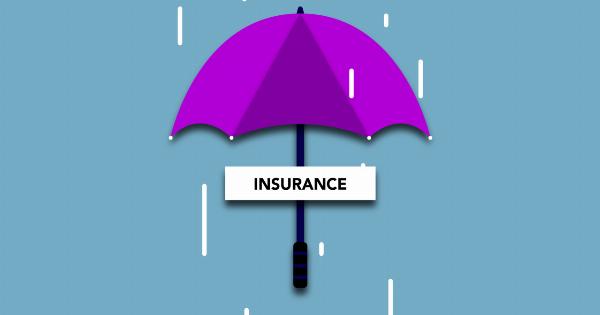In today’s world, where nearly everything is online, having virus protection software on your device is not an option – it’s an absolute necessity.
With so many different types of malware and viruses being created every day, protecting your device is more important than ever before. Here are the seven essentials of virus protection for your device:.
1. Keep your Software Updated
Keeping your software updated is a simple way to ensure that you are protected from the latest viruses.
Most software will automatically update when a new version becomes available, but it’s always a good idea to check for updates regularly, especially if you are experiencing any issues with your device.
2. Use Antivirus Software
Antivirus software is designed specifically to detect and remove viruses from your device. There are many different types of antivirus software available, so it’s important to choose one that is reputable and effective.
Many free antivirus programs offer basic protection, but paid software generally offers more comprehensive protection.
3. Enable Firewall Protection
A firewall is a security system that monitors and controls incoming and outgoing network traffic. Enabling firewall protection can help prevent unauthorized access to your device and protect against malicious attacks.
4. Be Careful when Downloading Files and Programs
One of the most common ways that viruses are spread is through downloaded files and programs. It’s important to only download files and programs from reputable sources, and to use caution when downloading anything from the internet.
If you are unsure about a particular file or program, it’s better to err on the side of caution and not download it.
5. Use Strong Passwords
Using strong passwords can help protect your device from unauthorized access. A strong password should be at least 8 characters long and include a mix of uppercase and lowercase letters, numbers, and symbols.
It’s also important to avoid using the same password for multiple accounts.
6. Keep Your Device Clean
Keeping your device clean – both physically and digitally – is an important part of virus protection. Make sure to regularly clean your device, both inside and out, and regularly scan for viruses and malware using your antivirus software.
7. Stay Alert
Finally, staying alert and aware of potential threats is essential for protecting your device from viruses. Be wary of suspicious emails and messages, and avoid clicking on any links or downloading any files from sources that you don’t trust.
If something seems too good to be true, it probably is.































